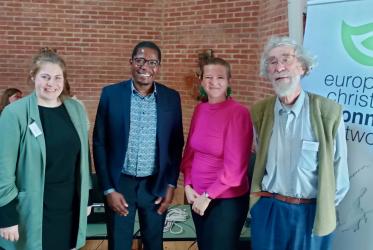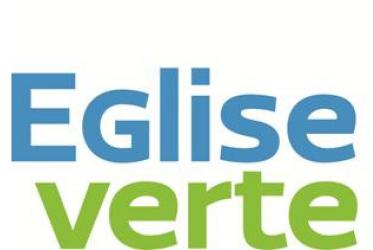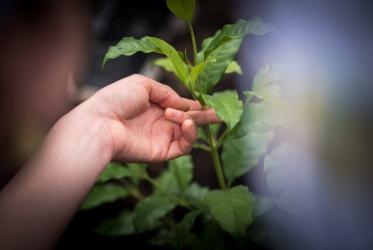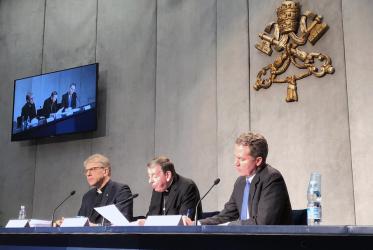Affichage de 1 - 20 de 93
Christ’s Love (Re)moves Borders – GETI 2022 in images
13 Septembre 2022
Un colloque œcuménique de réflexion théologique sur l’écologie
18 Février 2021
Kirche sollten ihre Stimme gegen den Klimawandel erheben
26 Février 2020
Churches should use their voice on climate change
26 Février 2020
Las iglesias deben usar su voz sobre el cambio climático
26 Février 2020
Grönlands geschätzte Predigerin
07 Février 2020
Greenland’s grand Gospel preacher
07 Février 2020
La gran predicadora del Evangelio de Groenlandia
07 Février 2020
La grande prédicatrice de l’Évangile du Groenland
07 Février 2020
A humble servant in God’s herd
10 Juillet 2019
“There are no spare parts for whales”
13 Juin 2019





